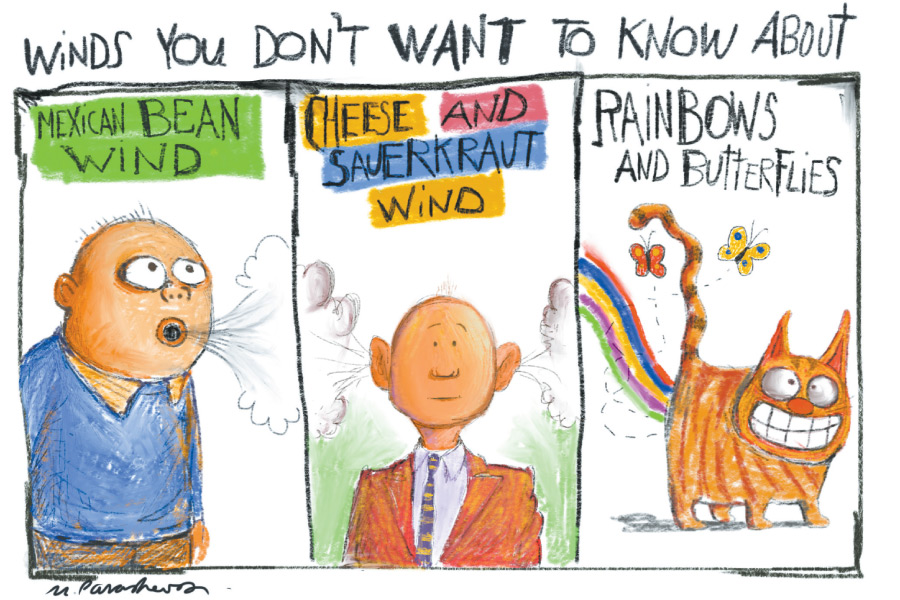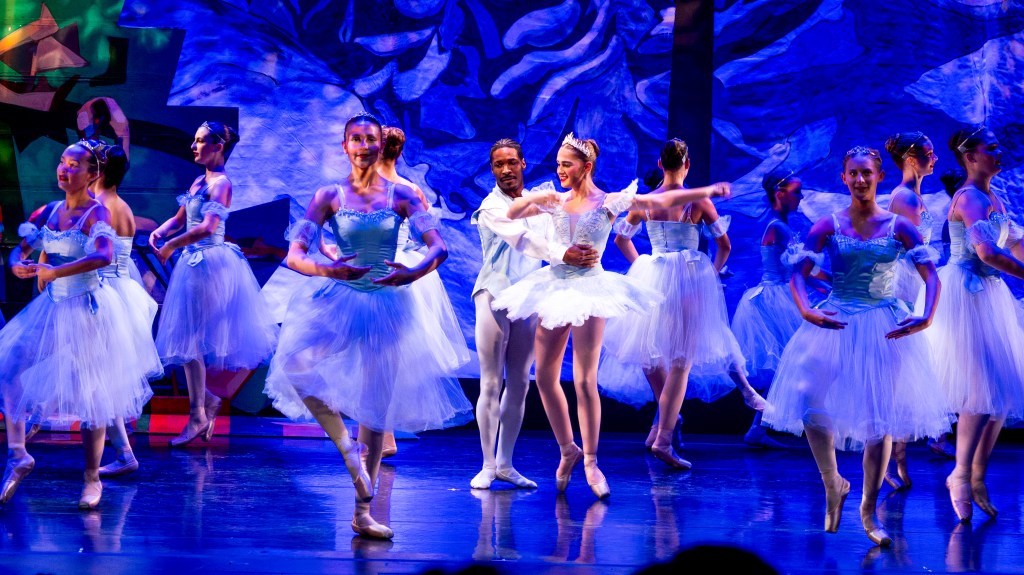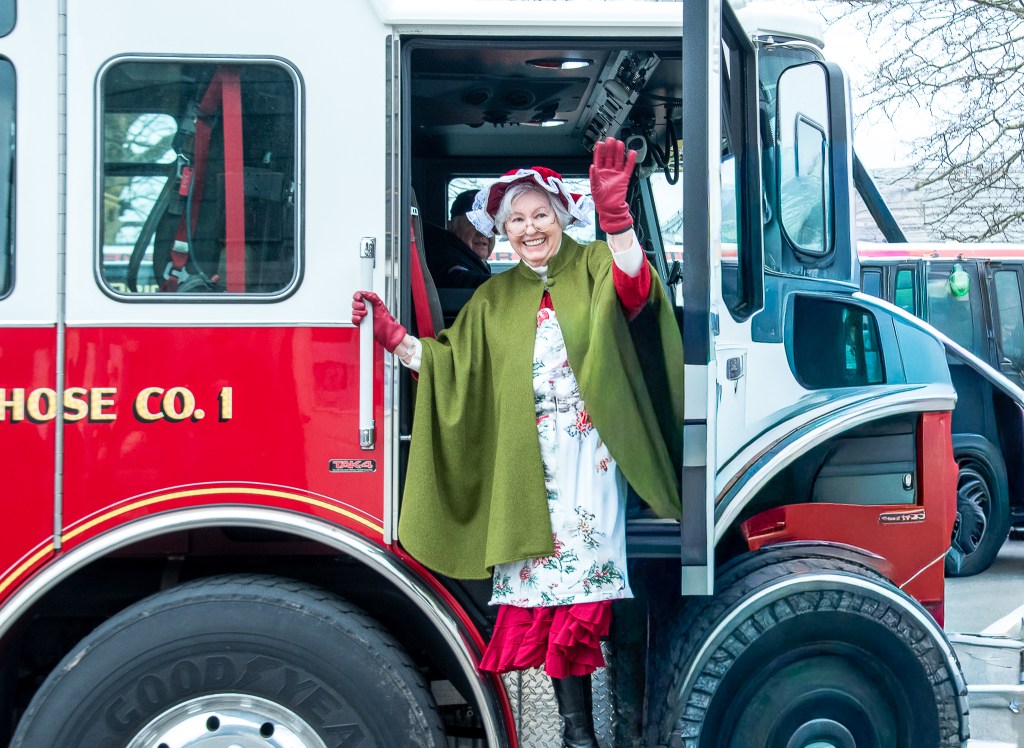Name the Wind: The Fresh, Cooling Breezes of Summer Here Deserve It

Many years ago, I lived in the south of France for four months. I was able to do this because the newspaper back then was only publishing monthly in the wintertime. I went with my whole family from November to March.
One of the things I recalled reading about before going there was the Mistral. This was a strong, steady breeze that came through from time to time. The French had named it. We got there. There were times when the wind did that—and I’d think, Oh boy, it’s the Mistral. Delicious.
Who names a wind? I knew of no other wind that was ever named. It would sweep in off the vineyards. It cleansed Aix-en-Provence, where we were living. It had such a nice name:
Mis-TRAL. It even sounded like the wind. And it even had a certain scent. How unique. How French.
Last week, I read an article in The New York Times about other named winds. It mentioned the Mistral, of course, but then it said that such strong, steady winds have names all over the world. In the Faroe Islands off England, the steady wind is called the Oe. In Greenland, it’s called the Piteraq. In the Aleutian Islands, it’s called the Williwaw. The only wind with a name that I recognized here in America was the one that blows in Southern California called the Santa Ana. And it was at that point in the reading of the article that I realized my long ago belief in the specialness of the Mistral was false. It was a wind like any other wind. It was just that the people had named it.
So I thought—why not name one here?
I live on a hill and have a flagpole with pennants and am quite aware of the two kinds of wind we have. A steady, strong breeze from the southwest predominates. Less often, particularly in the autumn, winter and spring, we get miserable winds from the northeast. Often they accompany storms. It takes a great power of nature to bring a wind from this direction, as I will soon explain. We call the storms these powerful winds bring nor’easters.
You might argue that we therefore already have a name for those rare, powerful winds from the northeast, though none of us thinks of it as a wind, just the storm it brings. But I’m more interested in our steady breeze from the southwest. We get it because the earth turns counterclockwise on its axis and slides against the atmosphere above, which can’t quite keep up. From down here on this part of the planet, counterclockwise appears to be northeast. The air therefore moves in from the southwest. It was just when this regular air picked up speed as it did from time to time in France that it was called the Mistral.
As for naming our southwest summer breeze, it seemed to me we ought to link it with the community. On a chamber of commerce level, it’s about the economy, which depends upon the visitors, particularly visitors with a great deal of money. Whether the visitors know it or not, one of the main reasons they come here is because of this salty ocean breeze sliding in from the Atlantic Ocean and cooling down our community. Summer temperatures on average are three to six degrees cooler in the Hamptons and the North Fork than in Manhattan. The other factors are our great natural beauty and our proximity to the city.
For this reason, I at first thought a good name for this wind would be Zephyr, as in Hamptons Zephyr. Here comes the Hamptons Zephyr, breezing in off the ocean. The dictionary defines a zephyr as a gust, waft or puff of air. But it can also mean a light, steady wind. Our Zephyr would be the American perfume, and would bring to mind beauty, gentleness, freshness and the salt of the sea.
But another possibility, a crass one, would be to call it Money, the Money Wind. There’s a reason for it. It comes in off the ocean from the southwest. When it brushes over us, it means there’s money—more money to be made, more money to be spent. Those with mansions down on the beach would consider it their lucky charm, a time to buy stocks or bonds. Such people might be more moved to come out here in the summertime from their Wall Street perches because of this. As for those working here, the Money Wind would mean more ringing up of the cash register. What an American idea.
But Zephyr or Money leaves something out. What about our history, our environment, our society, the helping out of those in need?
It was then I got to thinking about naming the wind the Wampum. This has a whole lot going for it, not the least of which is that one of the ways to look at it includes money.
When the white men landed here in 1639, they quickly learned that the Indians they encountered had their own form of currency. They wore it around their necks. It consisted of a necklace of clamshells. But not just any clamshells, but a special kind of clamshell found on the beaches at Montauk.
It was therefore true that the Montaukett Indians—there were 13 tribes in the area—were in fact the treasurers for local northeast tribes. The Montaukett would gather these special shells, string them on leather strips, and then bestow them on their neighbors in exchange for certain favors—and that’s how the Indian currency got circulated.
Calling our southwest breeze the Wampum not only implies money, it also implies history and the environment and a respect for the community. It also in a general way captures the spirit of the East End. And it has a very American sound.
In France, Le Mistral comes sliding gracefully through on little cat feet as a kind of French perfume. On the East End, the Wampum comes in from the ocean and hits the shoreline with a Whomp! (bringing with it a harvest of shells,) then slides inland to overlay the rest of community with good luck.
People from afar, thinking of the East End, will be told of the Wampum. They will make of it what they will. Perhaps it will give them nice dreams about the East End, as the Mistral did for me in that special place in the south of France.
But tell you what: This is a democracy. You decide and majority rules. I would expect Democrats (and other liberals) to get behind Hamptons Zephyr. I would expect Republicans (and historians) to get behind Wampum. And I would expect the Tea Party people (and arch-conservatives, free-traders and anarchists) to get behind Money.
Of course, you can always enter a write-in. It’s for Iconoclasts.
Here you go:
[poll id=”7″]









